Government Moves to Cap Property Rate Interest at CBK's 12 Percent
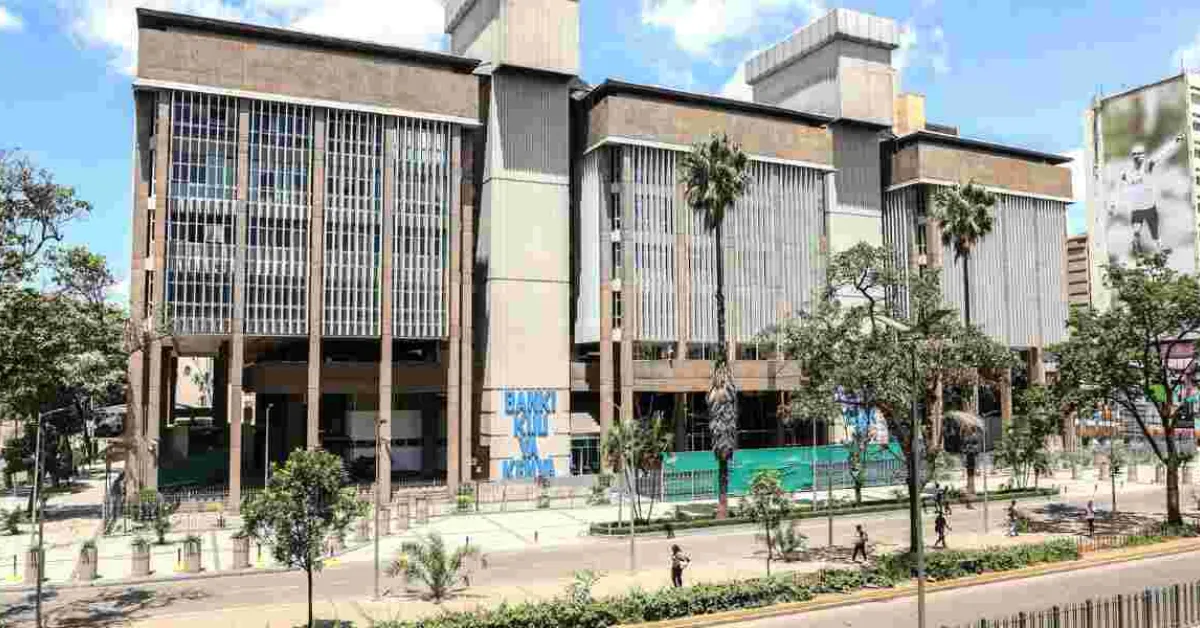
The Kenyan government has proposed to cap interest rates on defaulted property rates.
The proposed amendment to the National Rating Bill of 2022 would align the maximum interest charged with the Central Bank of Kenya's (CBK) lending rate, currently established at 12 per cent. The existing regulatory framework, based on Rating Acts adopted in 2014, allows individual county assemblies and County Executives responsible for lands to determine interest rates on defaulted property rates. While some counties, such as Kiambu, implement specific rates like 1.5 per cent, many jurisdictions have resorted to waiving penalties and interest to encourage payment compliance.
The recently tabled amendment mandates that interest charges imposed by County Executive Committee members must not exceed the CBK rate. While this ceiling provides essential protection for property owners, it also introduces the possibility of rate increases should the CBK adjust its base lending rate upward. The Bill explicitly states that simple interest on property rates must remain within the bounds of the prevailing Central Bank rate. This legislative initiative aims to supersede the current Rating Acts, establishing a standardized framework across counties for levying rates on land and buildings.
Under the present system, counties operate independently, utilizing their respective Rating Acts to establish rates, penalties, and enforcement mechanisms for collecting dues. The proposed Bill additionally mandates reviews of property valuation rolls to accurately reflect appreciating property values. The interest rate cap represents a crucial support measure for businesses, particularly those still navigating the economic aftermath of the COVID-19 pandemic. While property rates constitute a vital revenue stream for counties, collection efforts have been hampered by high default rates.
A joint assessment by the World Bank and the Commission on Revenue Allocation reveals that annual property rate collections achieve only 64 per cent of their potential, with the 47 counties collectively gathering Sh 14 billion annually against a potential Sh 35.8 billion. Counties currently possess significant enforcement powers, including the authority to seize and auction defaulters' assets or assume control of properties to directly collect rent payments from tenants. The proposed National Rating Bill seeks to balance these enforcement capabilities with standardized procedures across counties.
As this legislation progresses through parliamentary channels, it represents a promising step toward harmonizing the interests of both county governments and property owners. The proposed framework aims to enhance revenue collection efficiency while ensuring financial sustainability across Kenya's regions, marking a significant evolution in the country's property rate management system. In a significant move aimed at alleviating the burden on property owners across Kenya, the government has introduced a proposal to cap interest rates on defaulted property rates.

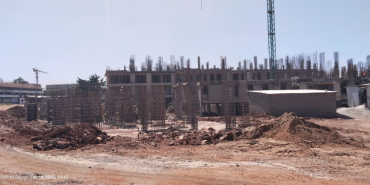

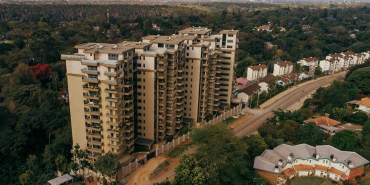

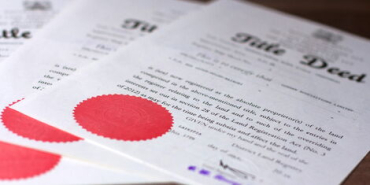
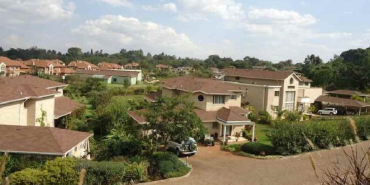

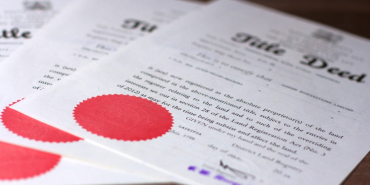





Add new comment